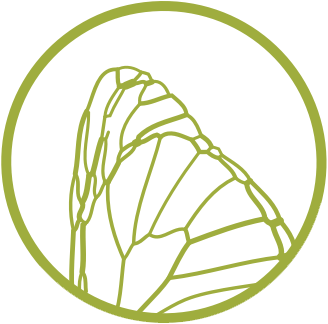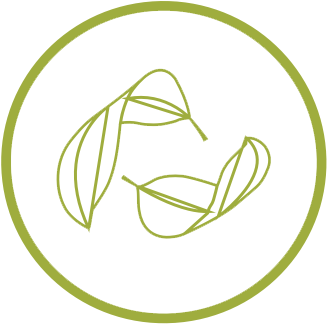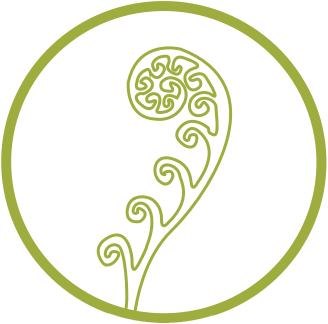
We often talk about biomimicry as a design tool. One that allows us to emulate nature’s forms, processes, and ecosystems to create more sustainable designs. Designers who use biomimicry to innovate can be anyone, from engineers to CEOs to entrepreneurs. But what, exactly, does that mean for creating a more sustainable built world?

When it comes to incorporating biomimicry into the built environment–all the spaces that we create to live, eat, sleep, play, and work in–the design potential is hugely exciting. We’ve worked on some awesome projects that bring biomimicry into the built environment, all which you can explore here. In November, we’re headed to San Francisco where we’re going to dedicate an entire training to biomimicry in the built environment. Biomimicry rookies and pros alike can spend 3 days with our designers who will inspire thinking that can help achieve resilient, sustainable design inspired by nature’s 3.8 billion years of evolutionary R&D. Register today and save 10%; registration ends September 19.
Until then, you can explore exactly how the built environment can benefit from biomimicry designs through our “must-see biomimicry in the built environment” media list. We start off by exploring design as a hidden force that influences our lives when our co-founder Janine Benyus visits with NPR’s TED Radio Hour host Guy Raz:
The Power of Design TED Radio Hour | May 20, 2016
Next, we put architects and engineers in the spotlight, as we’re introduced to a wide array of projects incorporating biomimicry.
Nature Does It Better: Biomimicry in Architecture and Engineering Line, Space, Shape | July 11, 2016
Finally, watch this video on biomimicry’s design influence, which also captures pieces of Janine’s backyard laboratory—including an evergreen tree that, as Janine points out, has “an amazing assemblage of technologies.”
Janine Benyus Looks to Nature for Design Inspiration Bloomberg Businessweek Design | April 11, 2016
If you’d like to know more about the upcoming Inspired by Nature: Biomimicry in the Built Environment training, email info@biomimicry.net.


